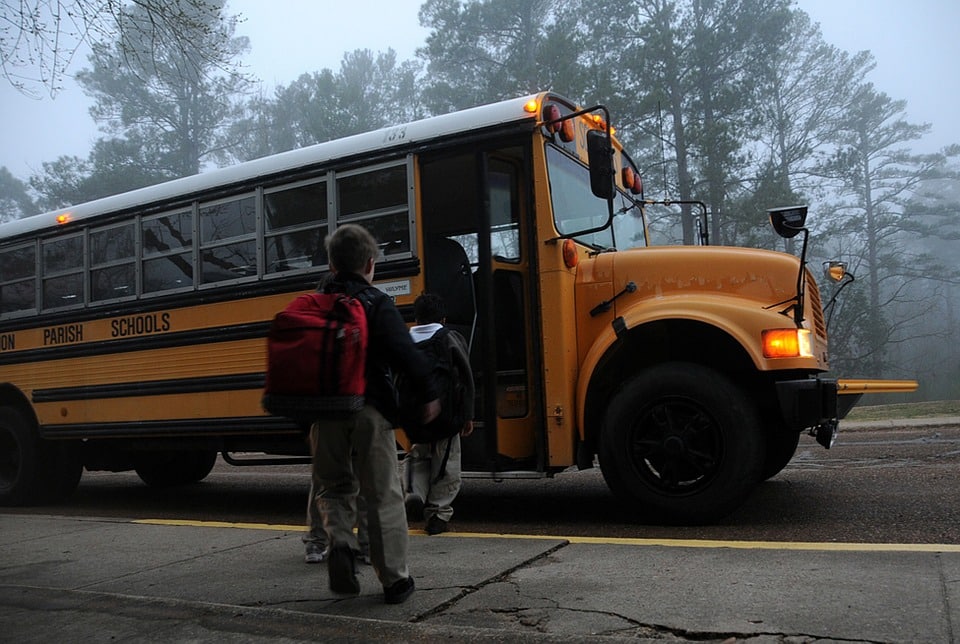You can never predict when a major disaster will occur, and with school lasting nine months out of the year, chances are a disaster may happen while your child is at school rather than at home. For those who live in Utah, the weather can lead to disasters, given the summer heat and ice and snow in the winter. Whatever the cause of catastrophic events, however, the thought of not being able to reach your child in the midst of an emergency is agonizing.
When a disaster strikes during the school year and school hours, there may be a large gap of time before parents and children can reunite. Depending on the type of incident, roads and communications may be cut off. It’s important to talk to your child about the eventuality of limited communication during disasters.
Schools are aware of the possibility of a disaster striking during the school day and have emergency plans in place. From fire drills and active shooter scenarios to natural disaster preparedness lessons, students are given many opportunities to think through potential catastrophes. Parents can support their children by learning about the emergency protocols for the schools their children attend.
If you ask, many schools will provide you with their emergency response protocols. These plans can include things as simple as the sign-in procedure or as complex as the school’s evacuation plan. Be aware that while a school may notify you of an emergency, it may not be prudent to rush to the school to pick up your child. It’s critical to follow instructions laid out by the school. If you find the plan for your child’s school lacking, feel free to bring it up to school officials. When it comes to your child’s safety, you can never be too careful.
Be sure to talk with your child about potential emergencies and supplement with a family plan. For many parents, their first instinct is to call their children during an emergency situation, but doing so can be a distraction for children and also compromise their safety, depending on the situation. Your family communications plan can include having your child text a specific word or phrase to indicate that they are safe. Having this sort of plan can help ease your mind as a parent, while also providing comfort for your child.
While you may be tempted to abandon protocol in the event of an emergency, remember that these procedures are put into place to not only protect your child but all the children at school. If you and your child are prepared for any emergency, you will both know how to respond and react, no matter where or when disaster strikes.

